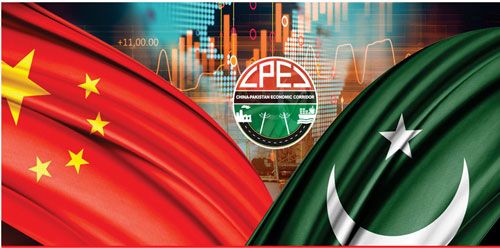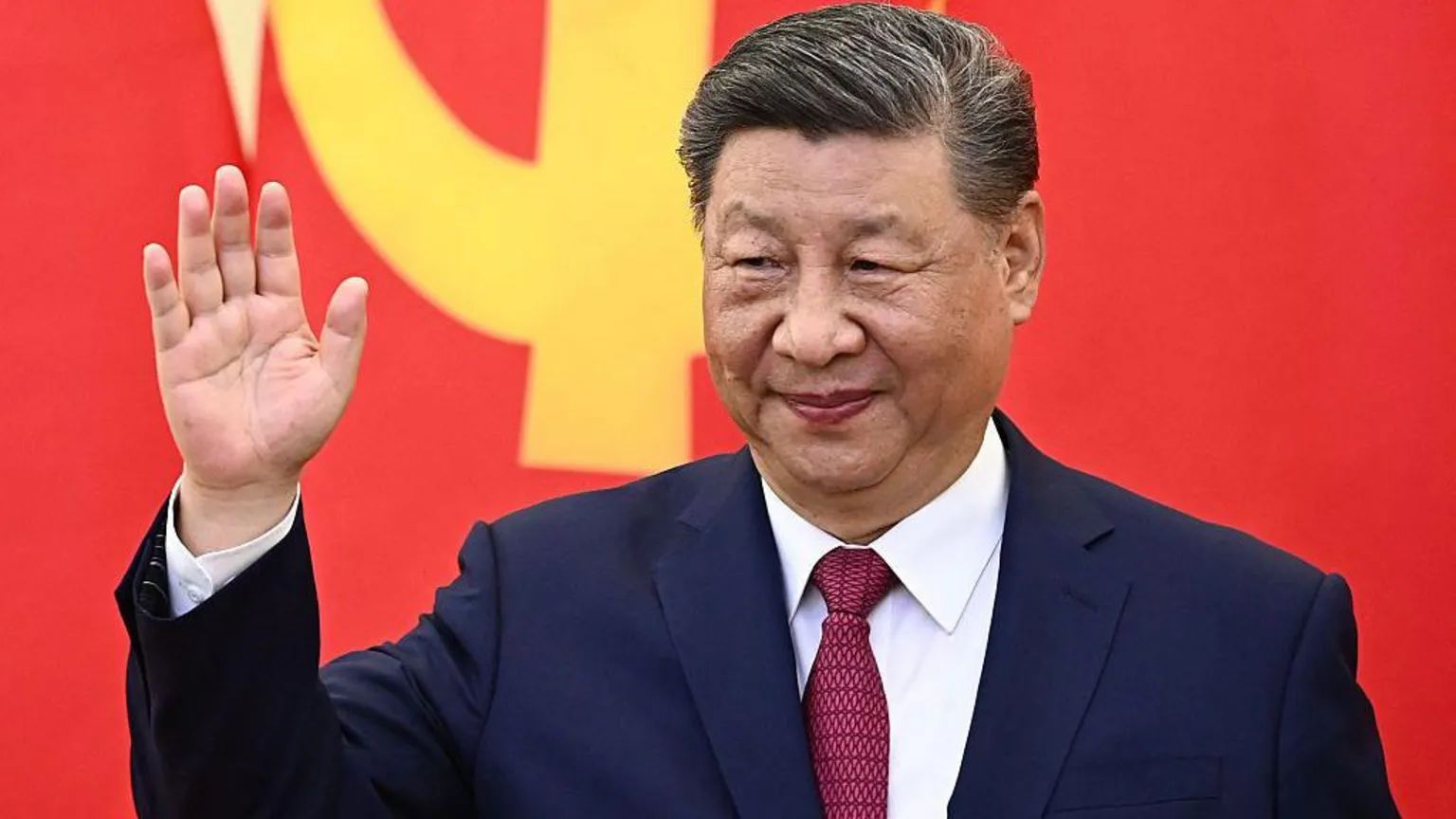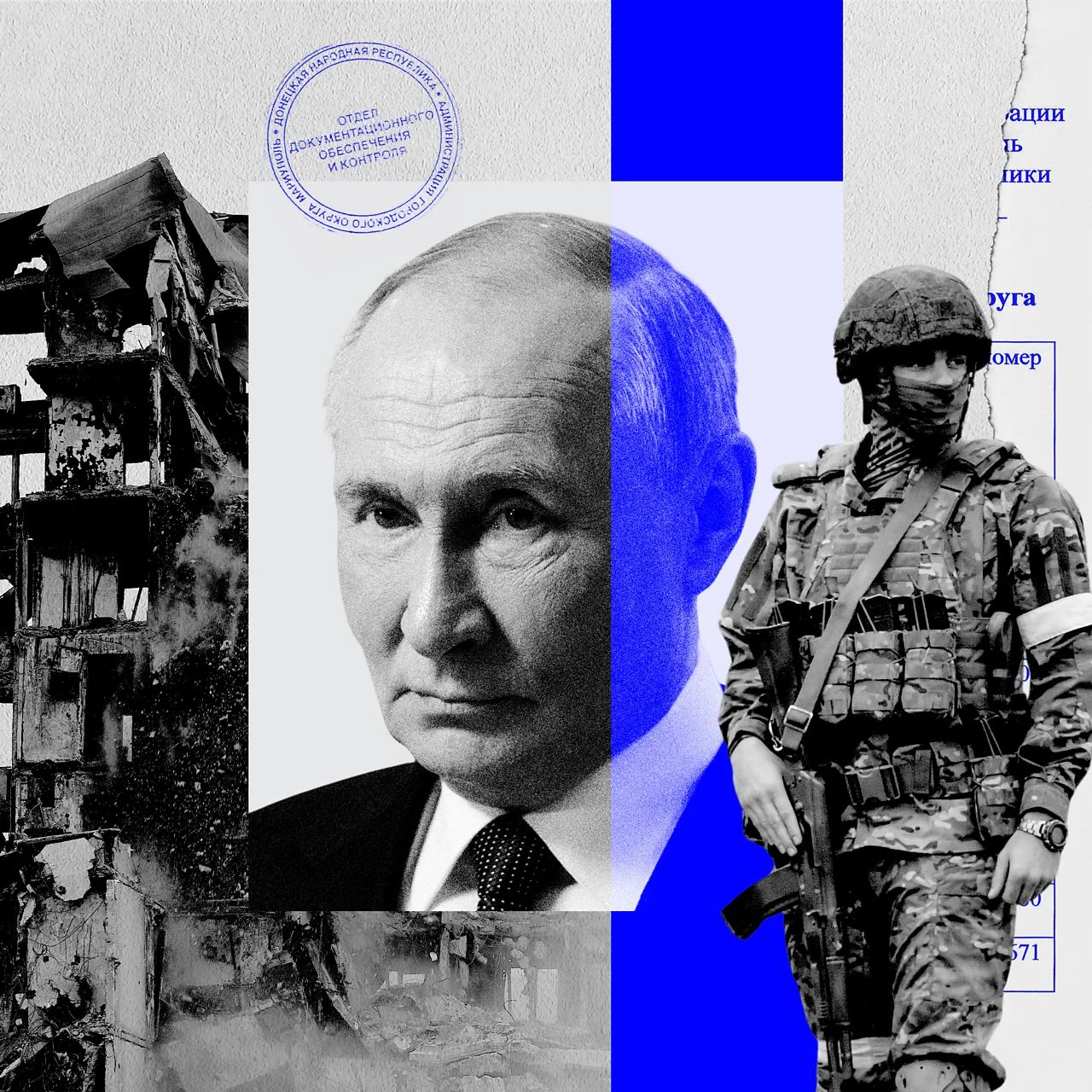Despite regional weak economic outcome and global prospective recessionary trends, China-Pakistan Economic Corridor (CPEC) and One Belt One Belt Initiative (BRI) are “striving hard” to turn the table towards socio-economic prosperity, immense business integration, greater regional connectivity, infrastructure development and eradication of poverty and generation of new jobs in the country and around the globe.
It seems that the “war of titanic” of geopolitical domination and socio-economic hegemony has created unlimited invisible ripples and formed a “tsunami” of high inflation, price hike, high interest rate, energy & food insecurity along with the looming threat of increasing climate change in the world.
Unfortunately, the world has entered from “global risk” syndrome to “poly-crisis turf” due to which all the international economic, banking & finance organizations and risk rating agencies are worried about the future prospects of the world economy in 2023 and beyond. They all predict recessionary economic trends throughout the 2023. However, China’s economy is the last hope for quick economic recovery.
The concept of “global poly-crisis” provides a necessary and productive framework which is the byproduct of complex and complicated socio-economic, geopolitical and geostrategic conflicting realities afflicting humanity today. Although the COVID-19 pandemic has been mutated but now re-motivated in Omicron B-1 shape and Russia-Ukraine unending conflict have exposed pitfalls in the globalized economic and political system which is being carried out on “whims and wishes” of the few global power brokers (US/EU). Unfortunately, this conflict has disrupted global food and energy systems, reinvigorated the NATO alliance, exacerbated domestic ideological cleavages in many countries and threatens to divert international resources from climate action.
However, the Middle Powers mainly Turkey, Azerbaijan, Uzbekistan, Kazakhstan, Qatar, Indonesia, Vietnam, Pakistan and China in the “leading” role are working hard to avoid the unpleasant outcome from the “widening” gap between the West and the East. For the time being numerous “Middle Economic Corridors” have provided the “alternative” ways and means of regional and global connectivity in South Asia, Middle East, Central Asia, South Caucasus, Black Sea and last but not the least Mediterranean Sea and saved a total “disconnect”, “discomfort”, “disengagement” and “disinformation” in the era of globalization.
In this connection, Liu He, Vice-Premier & State Councillor of the People’s Republic of China delivered a keynote speech in the recently concluded “World Economic Forum 2023” and highlighted the significant contribution of the Chinese economy in the world. According to him, in 2022, China’s growth was 3 percent, still higher than the expectations and estimations of the West and IMF & WB. China succeeded in keeping jobs and prices stable. Urban surveyed unemployment rate was 5.6 percent, CPI was two percent and current account surplus was slightly above two percent of GDP. Moreover, in 2023, it will hopefully continue to try to make progress while maintaining stability and follow a proactive fiscal policy and a prudent monetary policy. It will strive to maintain reasonable economic growth and keep prices and jobs stable.
The policy makers have decided to focus on expanding domestic demand, keeping supply chains stable, supporting the private sector, reforming the state-owned enterprises (SOEs), attracting foreign investment and preventing economic and financial risks in the days to come. Critical analysis reveals that in the last ten years, China’s GDP grew from 54 trillion to 121 trillion RMB; average life expectancy increased from 74.8 to 78.2 years; and contribution to global growth reached around 36-38 percent.
It is evident that the Chinese policy makers have been taking “economic development” as the primary and central task. Now after the 20th CPC a new development policy has been introduced due to which the philosophy of innovative, coordinated, green, open and shared development, high-quality economic development will always be prioritized in which role of the CPEC & BRI will be “contributory” and “concessionary”. Fortunately, a socialist market economy has been the main inspiration and “institutional Bible” to its miraculous socio-economic development. Now China is rigorously playing a supportive role in the global governance, equitable economic system, just social equivalence and unconditional socio-economic alliances in the world. It has now become champion of regional as well as global connectivity and compassionate humanitarian assistance.
Now the policy makers of China are working on to play a decisive role in resource allocation, good governance, SOE reform, support the private sector and promote fair competition, anti-monopoly and entrepreneurship. Furthermore, the opening-up and persuasion of the qualitative development path should be accelerated. Hopefully, it will be a catalyst of reform and development, and a key driver of economic progress in China, the region and the globe alike in which its mega wings of connectivity i.e. CPEC and BRI would play an important role in the days to come.
To conclude, emerging global poly-crisis may be controlled by following the Chinese holistic and comprehensive policies of shared prosperity, community development, Global Development Initiative (GDI), Global Security Initiative (GSI) with upholding of rule of the law and complete abolishing of unilateral imposition of socio-economic and geo-political sanctions. In this regard, greater regional connectivity, trans-regional immense socio-economic integration and global economic corridors would hold the key in which the Chinese CPEC & BRI would be pioneer. Hopefully, walls of self-defined principles of economic prosperity, national economic nationalism, political glory, social supremacy and ethnic white phobia would be collapsed because of greater outreach of the CPEC and BRI in Pakistan and around the globe. Invisible walls of prejudice, conspiracy and destruction may be dismantled through the inbuilt capabilities of progress, human compassion and development orientations of the CPEC & BRI in the days to come.
Moreover, global poly-crisis may be entangled by protecting property rights and IPRs in accordance with the law and shunning of prevailing trade war, especially CHIP between the US & China, creation of a world-class and market-oriented mutually befitting business environment underpinned by a sound legal framework. Both West and the East poles should frame government and market activities within the confines of law. Persuasion of innovation driven development, education, human capital, sound interaction of finance, technology and industry and boost productivity would be the way forward to curb the global poly-crisis.
It is high time to introduce a new equitable international economic order for the whole world. Furthermore, equitable division of wealth, resources, labor, healthy competition instead of an iron triangle of competition, promotion of monopoly, absence of property rights and IPRs and promoting entrepreneurship and free flow of production factors should be institutionalized.
Global governance has a key role to play on major issues, despite temporary resistance and some setbacks, the policy makers of the world must have the courage to uphold truth and law of economics, and address complex issues pragmatically with plain and simple solutions.
Regional rapidly changing geopolitical and geostrategic compulsions have further marginalized economic prospects of Pakistan’s economy which has badly damaged national political stability and merchants of darkness, despair and pseudo intellectuals of ignorance are now everywhere to cast their shadows even on the pace and development of the CPEC Phase-II in the country.
The economic challenges and political gimmickry have broken the back of the common citizen and masters are still behaving like perfect strangers. However, China could be a trustworthy and iron-clad partner in this economic depression.
Under the flagship project of the CPEC, CPEC Phase-II would benefit Pakistan to avail diversified benefits. BRI is the biggest trade, economic, investment and development program of the 21th century. It has 149 member countries. Therefore, Pakistan through the BRI can connect to 150 markets of the world, which will open diverse markets.
Moreover, doors of the Asian Infrastructure Investment Bank can be opened for our sinking economy and scattered politics. The China International Import Expo (CIIE) may also be beneficial for our traders and businessmen. The Shanghai Cooperation Organisation (SCO) would be another important platform from the Chinese initiatives like the China-SCO Special Free Economic Zone and the Digital Economy Forum. It would facilitate the CPEC journey towards the Central Asia Region in the days to come.
Last but not the least, China has also announced two major initiatives called the GDI & and Six-100 Development program. These are very comprehensive initiatives which cover almost all major areas of development and environmental protection and may be beneficial for Pakistan and its economy.
By Dr Mehmood Ul Hassan Khan








